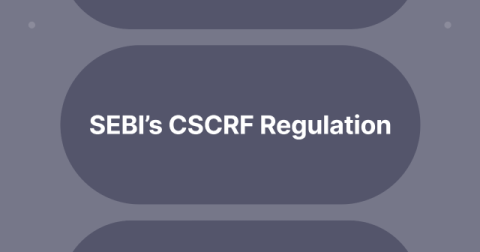Taking the Pain Out Of Compliance for Legal and GRC Teams
The legal department plays a crucial role in enhancing enterprise security profiles. Historically, legal and cybersecurity departments have been siloed from one another in organizations both large and small. With security now a concern at the Board level, legal’s role in enterprise risk management – advising on threats and potential liability – must include the impact of data security threats.








